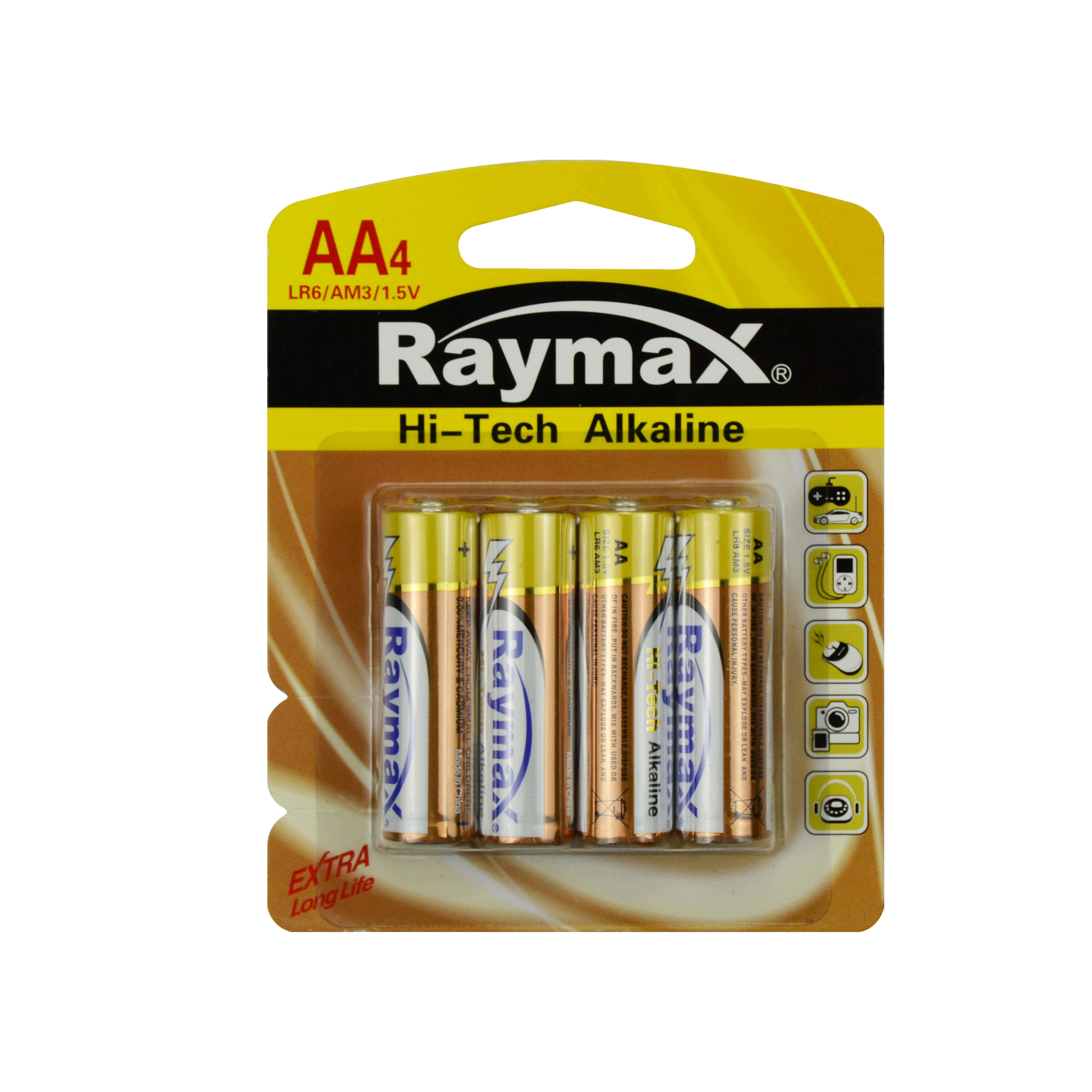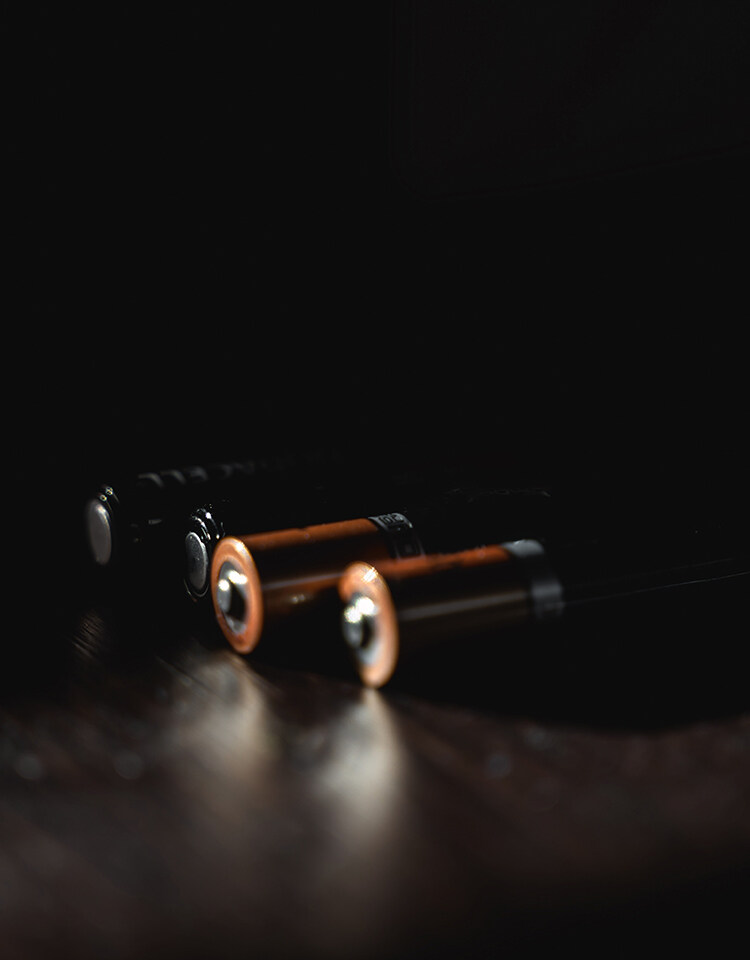Email format error
Email cannot be empty
Email already exists
6-20 characters(letters plus numbers only)
The password is inconsistent
Email format error
Email cannot be empty
Email does not exist
6-20 characters(letters plus numbers only)
The password is inconsistent

Alkaline battery & Button cell manufacturing process-News

Overview of Hi-Tech Batteries and Consumer Guide to Buying Hi-Tech Batteries
In today's world of rapidly advancing technology, batteries play a pivotal role in powering everything from our smartphones and laptops to electric vehicles (EVs) and renewable energy systems. Often referred to as hi-tech batteries, these power sources have evolved significantly, offering increased efficiency, longer life cycles, and diverse applications. This article provides an in-depth overview of hi-tech batteries, explores their types and applications, and offers practical advice for consumers on choosing the right battery for their needs.
I. Introduction to Hi-Tech Batteries
Hi-tech batteries represent a class of advanced energy storage solutions designed to meet the demands of modern electronics and transportation. Unlike traditional batteries, which relied on basic chemical reactions for power, hi-tech batteries incorporate cutting-edge technologies to enhance performance and durability. These batteries are pivotal in driving innovations across various industries, from consumer electronics to renewable energy initiatives.
II. Types of Hi-Tech Batteries
A. Lithium-Ion Batteries
Lithium-ion (Li-ion) batteries are among the most common types of hi-tech batteries due to their high energy density and lightweight properties. They consist of lithium compounds as the electrolyte and offer significant advantages over traditional batteries in terms of longevity and efficiency. Lithium-ion batteries power a wide range of devices, including smartphones, laptops, and electric vehicles (EVs). Their ability to provide reliable and long-lasting power makes them indispensable in today's mobile-driven society.
B. Nickel-Metal Hydride (NiMH) Batteries
Nickel-metal hydride (NiMH) batteries are another prevalent type, known for their robust performance and affordability. These batteries use a hydrogen-absorbing alloy instead of toxic metals like cadmium, making them more environmentally friendly. NiMH batteries are commonly found in hybrid vehicles, cordless power tools, and rechargeable household devices. While they have lower energy density compared to lithium-ion batteries, NiMH batteries offer excellent reliability and are a preferred choice for certain applications.
C. Lithium Polymer (LiPo) Batteries
Lithium polymer (LiPo) batteries are a variant of lithium-ion batteries known for their flexibility and lightweight design. Unlike traditional cylindrical lithium-ion cells, LiPo batteries use a pouch format, allowing for greater flexibility in shape and size. They are favored in applications where space and weight are critical, such as drones, wearable technology, and high-performance gadgets. LiPo batteries offer higher discharge rates and energy densities, making them ideal for power-hungry devices that require quick bursts of energy.
D. Solid-State Batteries
Solid-state batteries represent the next frontier in battery technology, promising enhanced safety, higher energy densities, and longer life spans compared to conventional batteries. These batteries use a solid electrolyte instead of a liquid or gel-based electrolyte found in lithium-ion batteries, reducing the risk of leakage or combustion. Solid-state batteries are still in the research and development phase but hold immense potential for applications in EVs, portable electronics, and renewable energy storage systems.
III. Applications of Hi-Tech Batteries
A. Consumer Electronics
Hi-tech batteries revolutionize the consumer electronics industry by powering devices that are essential in our daily lives. From smartphones and tablets to laptops and smartwatches, these batteries enable devices to operate efficiently with minimal downtime. Lithium-ion batteries, in particular, dominate this sector due to their high energy density and ability to be recharged hundreds of times without significant degradation.
B. Electric Vehicles (EVs)
The shift towards sustainable transportation is heavily reliant on hi-tech batteries, especially in the form of lithium-ion battery packs used in electric vehicles (EVs). These batteries offer the energy storage capacity needed to power EVs over long distances, providing a viable alternative to traditional internal combustion engines. Advances in battery technology have led to improved driving ranges, faster charging times, and reduced costs, making EVs more accessible and appealing to consumers worldwide.
C. Renewable Energy Storage
Renewable energy sources like solar and wind power require efficient energy storage solutions to stabilize supply and demand fluctuations. Hi-tech batteries, including lithium-ion and emerging solid-state batteries, play a crucial role in storing excess energy generated during peak production periods for use during times of low renewable energy output. This capability enhances grid stability and supports the integration of renewable energy into mainstream power systems, reducing reliance on fossil fuels.
IV. Consumer Guide to Buying Hi-Tech Batteries
Choosing the right hi-tech battery involves understanding key specifications, evaluating performance factors, and considering budget constraints. Here are practical tips for consumers looking to make informed decisions:
A. Understanding Battery Specifications
Before purchasing a hi-tech battery, it's essential to understand the following specifications:
1. Capacity: Measured in milliampere-hours (mAh) or watt-hours (Wh), capacity indicates how much energy a battery can store. Higher capacity batteries provide longer operating times between charges.
2. Voltage Ratings: Voltage determines the power output of a battery. Matching the voltage requirements of your device ensures compatibility and optimal performance.
B. Factors Influencing Battery Performance
Several factors influence battery performance and longevity:
1. Temperature Range and Durability: Batteries perform best within specified temperature ranges. Excessive heat or cold can impact performance and lifespan.
2. Charging Cycles and Maintenance: Regular charging cycles and proper maintenance, such as avoiding deep discharges, can extend battery life significantly.
C. Choosing the Right Battery for Specific Needs
Consider the following when selecting a battery for your device:
1. Device Compatibility: Different devices have varying power requirements. Ensure the battery's voltage and capacity match your device's specifications.
2. Budget Considerations: Hi-tech batteries vary in price based on type and capacity. Balance your budget with the desired performance and longevity of the battery.
D. Tips for Extending Battery Life
To maximize the lifespan of your hi-tech battery:
1. Proper Charging Practices: Use chargers recommended by the battery manufacturer and avoid overcharging or undercharging.
2. Storage and Usage Recommendations: Store batteries in a cool, dry place and avoid exposing them to extreme temperatures or moisture.
V. Conclusion
Hi-tech batteries represent a significant advancement in energy storage technology, enabling innovations across various industries and enhancing our daily lives. Whether powering our smartphones, driving electric vehicles, or storing renewable energy, these batteries continue to evolve, offering greater efficiency, safety, and sustainability. By understanding battery types, applications, and key purchasing considerations, consumers can make informed choices that meet their energy needs while optimizing performance and durability.
In conclusion, the future of hi-tech batteries looks promising, with ongoing research and development paving the way for even more efficient and sustainable energy solutions. As technology continues to advance, so too will the capabilities of hi-tech batteries, driving further innovations and shaping the way we power the world.

